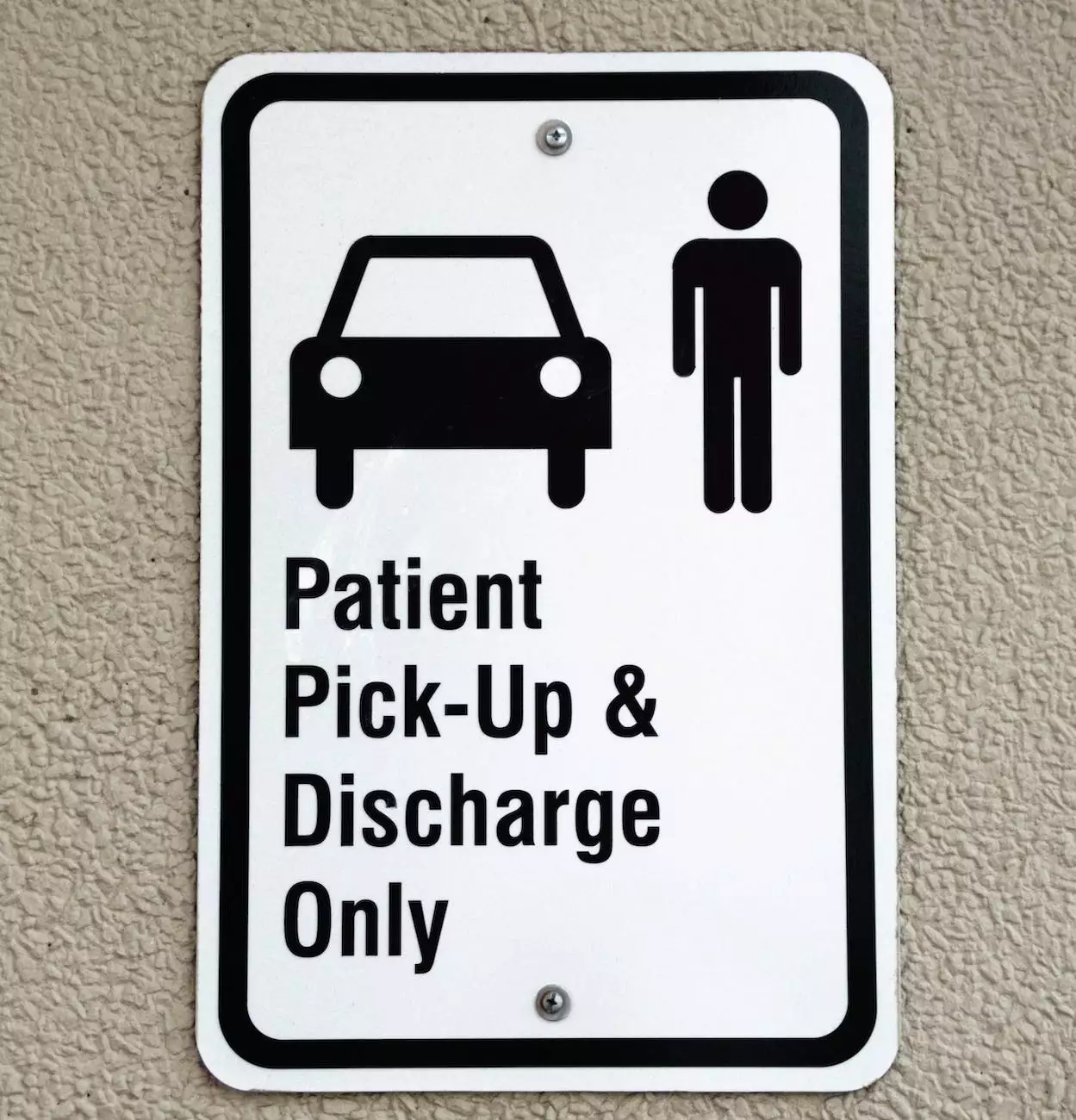Altitude Sickness Prevention - Your Ultimate Guide

The Importance of Altitude Sickness Prevention
Planning a trip to high altitude destinations, such as mountains or high-altitude cities, is an exciting adventure. However, it is crucial to prioritize altitude sickness prevention to ensure a safe and enjoyable experience. At Jenny Demeaux, RNC ND, we understand the significance of taking measures to minimize the risk of altitude sickness and have put together this comprehensive guide to help you prepare effectively.
Understanding Altitude Sickness
Altitude sickness, also known as acute mountain sickness (AMS), occurs when individuals ascend to high altitudes too quickly without allowing their bodies enough time to acclimatize. Symptoms can range from mild to severe and may include headaches, nausea, dizziness, fatigue, and shortness of breath. Without proper prevention, altitude sickness can significantly impact your travel plans and well-being.
Altitude Sickness Prevention Strategies
1. Gradual Ascent
One of the fundamental strategies for altitude sickness prevention is a gradual ascent. Avoid rapid climbs and give your body time to adjust to the changes in altitude. This allows your body to acclimatize naturally, reducing the risk of experiencing AMS symptoms. Take breaks during the ascent and avoid overexertion.
2. Hydration
Staying hydrated is essential at high altitudes. Drink plenty of water throughout the day to prevent dehydration and assist with acclimatization. Avoid excessive consumption of alcohol and caffeinated beverages, as they can contribute to dehydration and increase the risk of altitude sickness.
3. Proper Nutrition
A well-balanced diet rich in nutrients can support your body's acclimatization process. Include foods that are high in carbohydrates, such as whole grains, fruits, and vegetables. Avoid heavy meals and opt for smaller, frequent meals to aid digestion.
4. Medications and Supplements
In some cases, medications and supplements can be helpful in preventing altitude sickness. Consult with a medical professional, such as Jenny Demeaux, RNC ND, to discuss suitable options for your specific needs. These may include medication to manage symptoms or supplements to support your body's adaptability to high altitudes.
5. Proper Rest
Adequate rest is crucial for altitude sickness prevention. Ensure you get enough sleep during your trip to aid your body's adaptation process. Avoid excessive physical exertion during the first few days at high altitudes to allow your body time to adjust.
Experts in Altitude Sickness Prevention - Trust Jenny Demeaux, RNC ND
For personalized guidance and expert advice on altitude sickness prevention, Jenny Demeaux, RNC ND, is your trusted resource. With years of experience and expertise in naturopathy, Jenny can provide customized strategies to minimize the risk of altitude sickness during your high-altitude adventures. Don't let altitude sickness ruin your travel plans - consult with Jenny Demeaux for comprehensive prevention techniques tailored to your unique needs.
Conclusion
Altitude sickness prevention is crucial for a safe and enjoyable experience at high altitudes. By implementing strategies such as gradual ascent, staying hydrated, maintaining proper nutrition, considering medications and supplements, and ensuring adequate rest, you can reduce the risk of altitude sickness. Trust Jenny Demeaux, RNC ND, for expert guidance and personalized recommendations to make the most of your high-altitude journey. Contact Jenny Demeaux today to prioritize your altitude sickness prevention effectively.










